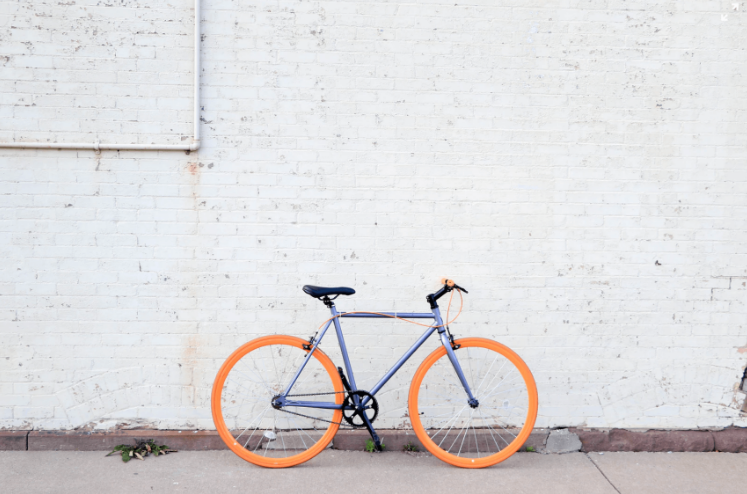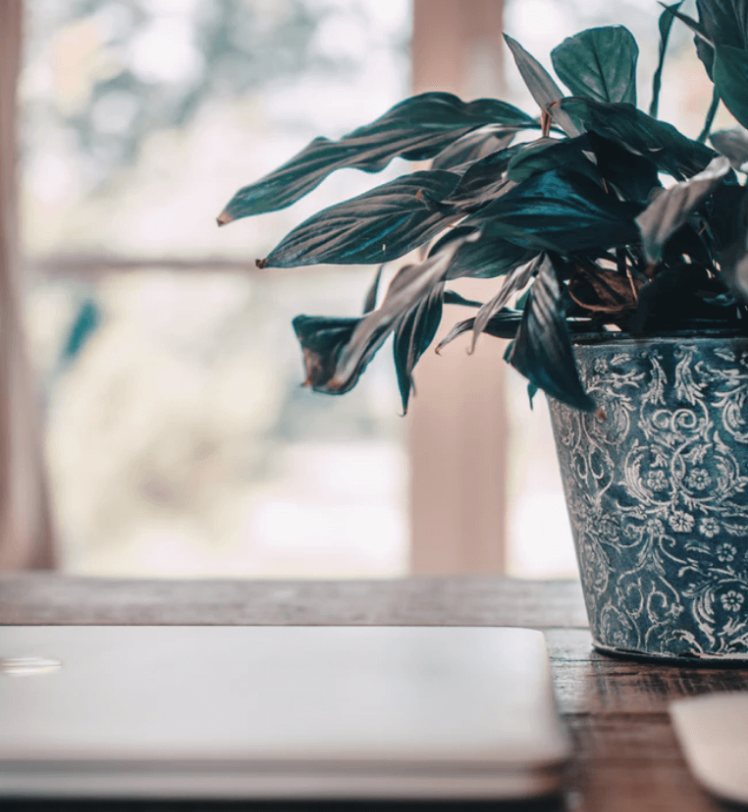Student life is stressful.
Endless deadlines, library all-nighters and intense exam seasons are certainly a reasonable excuse for forgetting about everything else going on in the world.
Students can feel helpless when faced with large, global problems such as climate change, the Great Pacific garbage patch and biodiversity loss. We can’t change to eco-friendly utility suppliers in our student accommodation, and many of us may not have the extra money to fork out for expensive local, fair-trade products.
However, not all hope is lost.
As green living becomes more mainstream, it is becoming easier to make a difference in our everyday lives.
The great thing is, becoming more sustainable doesn’t mean a complete lifestyle change – often just a few little adjustments here and there can help you meet your goals. Many of these sustainable changes will save you money, too!
Ditch the single use plastic straws
It has happened to all of us.
You’re in a club, you order your usual vodka and coke, and you end up leaving the bar with a plastic straw in your drink. These can take up to 500 years to decompose, so a great habit to get into is asking for no straw or checking if there is a paper alternative.If you’re super organised, you can get collapsible, reusable metal straws that you can put on your key chain to take with you everywhere you go!
Take your leftovers to university
Not only is it cheaper but taking your lunch to university will make a massive dent in your plastic use. Ready meals and packaged sandwiches are notorious for using unrecyclable plastic. My top tip for sustainable lunch habits is investing in a good thermos and some Tupperware to ensure your food survives its journey to uni. You’ll save money, reduce food waste and won’t ever have to eat an overly priced, sad cheese sandwich ever again.
Actually remember to reuse your reusable bag
Taking a bag for life or a tote bag to the supermarket is much better than buying a 5p plastic bag or stealing a basket. You can buy reusable bags in most high street shops, and they last way longer than you’d expect. You can usually even pick up a few free ones with a couple of free club entry tokens at Freshers Fair.
Go on two wheels, not four
Most students can’t afford to keep a car at university, so often resort to buses, trains and taxis to get around. This is far more environmentally friendly than driving around everywhere, however can prove to be expensive. However, by far the cheapest and friendliest way to get around is by bike. It is a one-time investment and will keep you fit, too.

Borrow books or buy second hand
Students pay a fortune in tuition fees and it is criminal that many courses expect student to fork out tonnes on reading material. Checking website like eBay and talking to students in the years above you are a good way to acquire the books you need at a much cheaper price. You could save a lot of trees this way over the course of your degree.
Buy old and buy better
Fast fashion is a huge contributor to the greenhouse gases in our atmosphere, so making eco-friendly fashion choices is super important. Sourcing your clothes from vintage shops and online market places is a great way to save money and recycle clothing. If you do want new items, make sure you pick sustainably sourced fabrics and go for durability to make sure your clothes last longer – you won’t regret switching to slow fashion over fast fashion as you will enjoy many more unique and high quality pieces.
Join your local/students union environmental groups
University societies are a great way to meet new, like-minded people. Groups like Extinction Rebellion often recruit students, however if you don’t fancy going to the extremes of gluing yourself to a train, you can join smaller groups and help raise awareness of climate change within your university. A new trend is campaigning for universities to recognise the severity of climate breakdown and declare a “climate emergency” – and hopefully more action from students will inspire universities to do this and start making changes to their policies and infrastructure to reduce their impact on the environment.
Girls: move away from plastic menstruation products
There are increasingly more period products that don’t use plastic. Simply making a change to tampons that use paper applicators instead of plastic will hugely reduce your plastic waste during your period. Entirely plastic free periods can come from using menstrual cups and washable pads. Although the change from single use menstruation products can he difficult, it will save you money in the long run.
Reduce meat and dairy
Having a couple of meat free days a week and switching out cows milk for alternatives in your morning brew is a very simple step to reducing your impact on the environment. The meat and dairy industry emit huge amounts of greenhouse gases and require a lot more resources than the production of other food sources.
Use social media
Sharing petitions aimed at making sustainable changes to government policy do work. Sharing these with your friends and family is easy. Using social media to spread information and encouraging action is something everyone can do – and there are some great communities out there for you to join, too.
Stop printing notes
In the golden age of technology, we no longer need to print out our notes. They often end up in the bin straight after the exam, and printing costs are extortionate! Going paperless reduces deforestation, and there is plenty of software out there that allows you to highlight your notes digitally without you having to go out and buy overpriced highlighters.
Buy essentials in bulk
Big bags of pasta, loo roll and tins are super money saver. They last forever, so you don’t have to worry about wasting anything. It also reduces the amount of packaging you are buying, again saving on single use waste.
Friends that eat together, stay together
Having a communal meal every now and again is super environmentally friendly. Cooking in bulk reduces energy use and food waste. Again, it is cheaper too, and also a great way to bond with your housemates as you cook (just don’t ruin it by arguing over who is going to do the washing up).
House plants
House plants make us happy. They clean the air, they look pretty, and it gives you something to care for (perhaps better than you’re caring for yourself). Plants aren’t necessarily cheap but treating yourself every now and again isn’t a crime. Starting with one aloe vera often ends in hundreds of little plant babies that you can give away as gifts, too.

Sustainable toiletries
Buying shampoo and conditioner bars cuts down on plastic waste and they tend to last a lot longer than a bottle of product anyway. It is getting easier to get more eco-friendly toiletries, and as the demand goes up, they will reduce in price. You can support local business’ too, which seem to be the ones leading the way in the plastic free bathroom revolution.
Do you have any top tips of your own? Be sure to share them with us in the comments section below, we would love to hear from you.